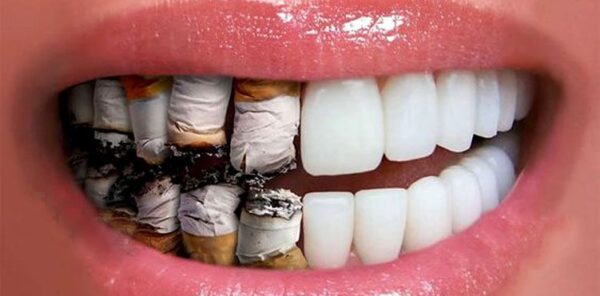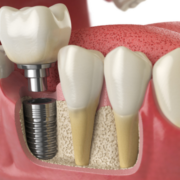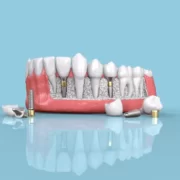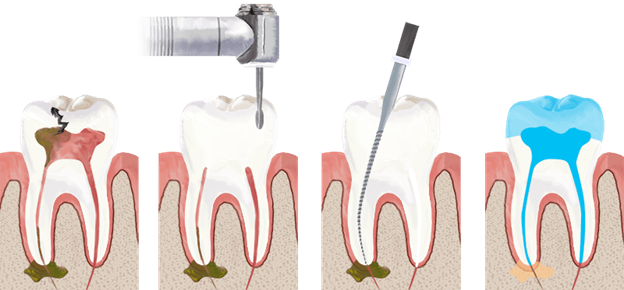When you think of smokers, you probably don’t picture them as being someone who could have dental implants. But the reality is that smoking can actually be a risk factor for getting dental implant surgery and having it be as successful as possible. If you’re considering getting dental implants to replace missing teeth, it’s helpful to know how smoking will impact your procedure. Both smoking and chewing tobacco can have negative effects on your gums, jaw bone density, and blood circulation in the mouth– all of which will affect how well your implants integrate with your jaw and how long they last. Thankfully, there are many ways to reduce the risks associated with smoking before dental implant surgery.
What is smoking and why is it bad for implant surgery?
Smoking is any kind of tobacco use, including cigarettes, cigars, snuff, pipe tobacco, and other forms. Chewing tobacco is a specific type of tobacco use that involves putting tobacco in your mouth and chewing on it. Both forms of tobacco use can cause gum disease and other oral health issues, like stained teeth and oral cancers. Additionally, smoking is bad for dental implants because it can cause the following:

- Infection: The bacteria in the mouth are more likely to cause an infection after dental implant surgery. Smoking can increase the risk of infection.
- Gum Disease and Worsened Gum Health: Smoking can exacerbate gum disease and worsen gum health, which can negatively impact implant surgery.
How long should you wait to smoke after implant surgery?
The ideal amount of time to stop smoking before dental implant surgery is at least 3 months. However, keeping your tobacco use habits at bay for at least 1 month is also a good idea. Some dentists recommend stopping smoking 6 months before surgery, but there is no scientific evidence to back this up. If you have more than one month to prepare for dental implant surgery, you can try.
The following strategies to reduce the risk of smoking after dental implant surgery:
- Stop smoking: This should go without saying. It’s best to quit as early as possible in order to maximize your chances of success.
- Eat healthily: Stay away from sugary, starchy foods and focus on chewing on healthy snacks like vegetables and nuts. You’re at a higher risk for developing cavities and gingivitis as a smoker, so it’s important to take extra care of your mouth.
Strategies to reduce risk of smoking after implant surgery
Inhalation Therapy and Cholesterol Medication: Smokers are more likely to experience bleeding around the site of the implants during surgery. Inhalation therapy and cholesterol medications may be able to reduce the risk of that happening.

Take supplements: Taking supplements like vitamins, minerals, and antioxidants can be helpful in any situation where your body is recovering. After dental implant surgery, taking certain supplements can help reduce the risk of infection and other negative effects of smoking.
Use an e-cigarette: While there’s not a lot of evidence to back up the effectiveness of e-cigs, they can help you avoid the harm caused by regular cigarettes.
Right after the procedure; chew on some herbs and get physical therapy soon after recovery!
Chewing on a combination of clove, cardamom, and cinnamon, or cloves, for 3 weeks after dental implant surgery can help reduce the risk of infection. Chlorhexidine Gluconate swabs or rinses can also be helpful in reducing the risk of infection. Physical therapy can help you recover from surgery, which can be very difficult and painful. It’s important to get the best care and support possible after dental implant surgery.
Bottom line: if you’re a smoker, don’t have dental implant surgery soon.
If you’re a smoker and considering getting dental implants, it’s important to remember that there are risks associated with smoking. It’s best to commit to quitting as soon as possible in order to give your body the best chance of recovering successfully from the procedure. If you’re not a smoker, there’s no need to worry. There is no evidence that non-smokers are at a disadvantage or that dental implants are less successful in people who don’t smoke. In fact, oral health is better in non-smokers. If you’re a smoker and need dental implants, it’s best to follow these strategies in order to reduce the risk of complications.





